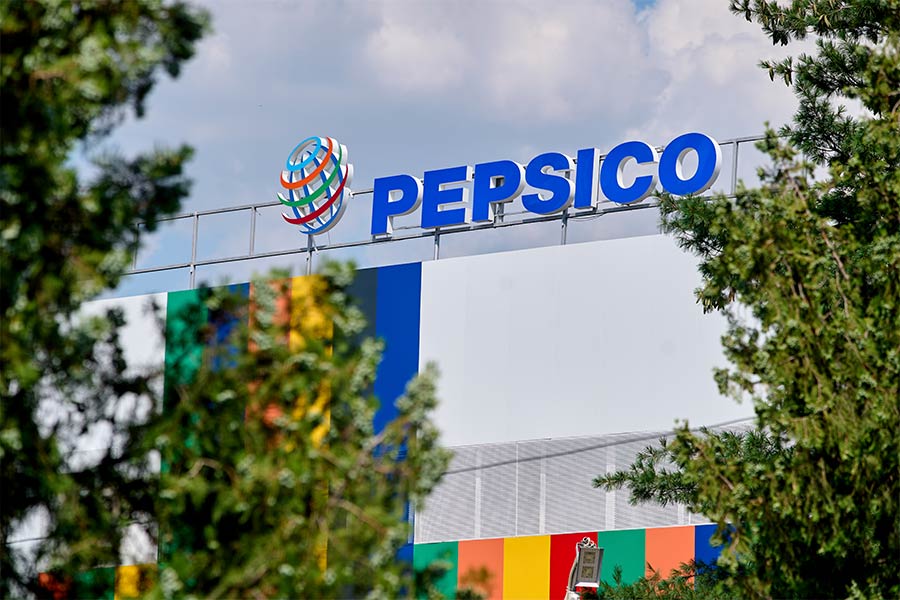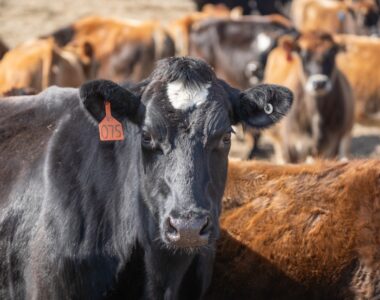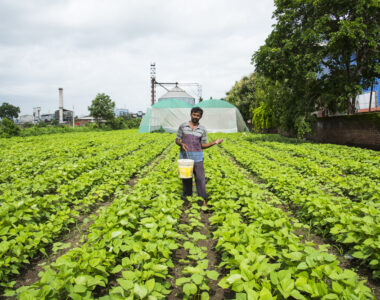
What’s Going On
PepsiCo, Unilever, and several food and beverage companies have launched a new program called STEP Up for Agriculture. They aim to help farmers adopt more sustainable, regenerative practices. The corporate regenerative agriculture initiative will provide funding, advisory support, and training to farmer-facing organizations across North America and Europe. It will also build tools for measurement and verification so farmers get credit for soil health, biodiversity, and carbon outcomes.
PepsiCo has set a target to convert 10 million acres to regenerative agriculture practices by 2030. Unilever will partner in supplying support and joining in the framework that helps farmer groups, local advisory bodies, and non-profits scale up their knowledge and resources.
Why Pepsi Is Doing It
PepsiCo says that promoting regenerative farming supports its long-term supply chain resilience. The company sources dozens of key crops from farms all over the world. By investing in soil health, water quality, and ecosystem biodiversity, PepsiCo expects to reduce risks from climate change, volatile input costs, and supply disruptions. The corporate regenerative agriculture initiative reflects their commitment to sustainability under their larger PepsiCo Positive strategy.
Farmer groups that work with PepsiCo and its partners note that this kind of initiative helps with more than the environment—it also helps with financial stability. When agronomic practice changes (like cover cropping, no-till, or rotations) come with advisory support and financial incentives, farmers take fewer risks and can try new practices with more confidence.
What Impact It Could Have
The corporate regenerative agriculture initiative could deliver several outcomes:
- Enhanced soil health, reduced soil erosion, and better water retention on farms practicing regenerative methods.
- Greater biodiversity and more resilient ecosystems, which help buffer weather extremes.
- Stronger supply chain stability for companies like PepsiCo and Unilever, and greater predictability for farmers.
- Providing farmer support groups the resources they need to scale regenerative practices more broadly.
It may also shift food system norms—showing that large corporations can partner with local farms in ways that reward sustainability, not just yield.
How You Can Support Local Farms
In your own community, you can help reinforce the goals of the corporate regenerative agriculture initiative. When you shop directly from farms, you help farmers keep more profit and make sustainable practices more economically viable. Platforms like Farm Trader let you access produce grown by farms committed to better soil, cleaner water, and climate-friendly methods.
Summary
PepsiCo, Unilever, and others have launched a large corporate regenerative agriculture initiative aimed at converting millions of acres by 2030. Their plan includes funding, training, and measuring outcomes. The initiative promises environmental benefits and supply chain resilience. Consumers play a role too—as support for farms that adopt regenerative practices helps make the shift sustainable.



